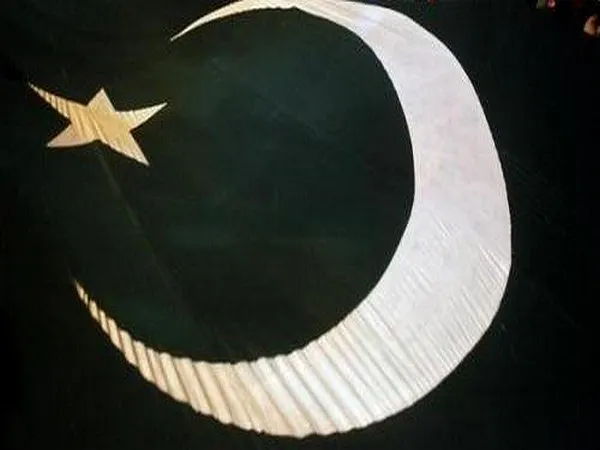The cases of blasphemy are once again on the rise in Pakistan, with regular targeting of religious minorities and multinational products in the market, on trumped-up charges.
A rather bizarre incident caught the attention of the international media this month when a massive protest was held against the alleged blasphemy emanating from a WiFi device installed in a Karachi mall.
According to police, some people had mischievously chosen the blasphemous text as the name of the Wi-Fi router. The protesters torched and damaged stalls and banners of the company.
Rights groups say that this is only one of the many incidents that usually don’t get required media coverage.
According to the UN, accusations of blasphemy carry serious risks for the person accused as well as their families, irrespective of whether the person concerned is subsequently charged with an offence against the blasphemy laws.
Individuals accused of blasphemy have reportedly been subject to death threats, assaults, including mob attacks, and assassinations by community members or members of the security forces, either before they are arrested and tried in court, or even after they have been acquitted, forcing some to go into hiding or to flee in fear of their lives.
Some persons accused of blasphemy are reportedly tortured or killed while in police custody or detention.
Prison officials have reportedly stated that detainees accused of or convicted of blasphemy are at high risk of attacks by other detainees or even prison staff. In many cases, individuals are reportedly kept in solitary confinement or isolation as a form of protection, sometimes for many years at a time.
According to a UN report, inherited from the British legal system, Pakistan’s so-called blasphemy laws – sections 295, 295A and 298 of the Pakistan Penal Code – were designed to prevent and limit religious violence.
In the thirty years from independence in 1947 until 1977, there were reportedly only ten reported judgments that related to offences against religion under these laws, and not one complaint was registered by a Muslim against a non-Muslim for committing an act of blasphemy against the Prophet Muhammad or for defiling the Holy Quran.
Significant changes were, however, introduced between 1980 and 1986 by the Zia-ul-Haq Government, with provisions relating to blasphemy and other offences against religion introduced into the Penal Code.
In the early 1980s, for instance, the insertion of Section 298A into the Penal Code made the use of derogatory remarks “by words, either spoken or written, or by visible representation, or by any imputation, innuendo or insinuation directly or indirectly” in respect of certain “holy personages” a criminal offence punishable with up to three years’ imprisonment and/or a fine.
The introduction of the blasphemy laws in the Penal Code has reportedly fostered an atmosphere of religious intolerance and has contributed to the institutionalization of discrimination against religious minorities.
The blasphemy laws have also come under strong criticism for fuelling extremist violence and targeted attacks against individuals from religious minority groups.
Although Pakistan’s blasphemy laws apply to all its citizens, irrespective of religious belief or affiliation, it is reported that such laws disproportionately affect religious minorities.

